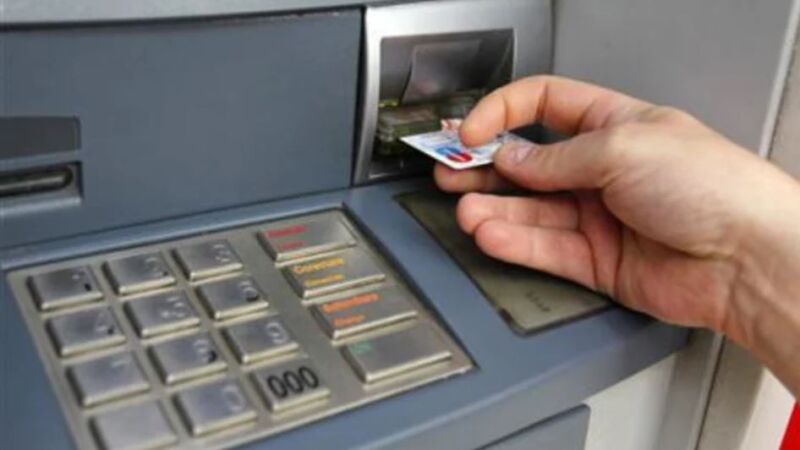The US Treasury Department’s anti-money laundering took the unusual — but not unprecedented — step last week of issuing a statement aimed at convincing banks to consider serving operators of independent automated teller machines
Treasury’s Financial Crimes Enforcement Network (FinCEN) said it issued its statement to provide “clarity” to banks on how to apply a risk-based approach to conducting customer due diligence on independent Automated Teller Machine (ATM) owners or operators in line with the requirements set out in FinCEN’s 2016 Customer Due Diligence (CDD) Rule.
“Some independent ATM owners and operators have reported difficulty in obtaining and maintaining access to banking services, which jeopardizes the important financial services they provide, including to persons in underserved markets,” FinCEN said in its statement.
Independent ATMs, often known as white-label ATMs, are machines owned and operated by non-bank entities. Traditionally, banks have considered serving these machine operators as high-risk activity, in large part because of the potential for such machines to be loaded with cash generated by illicit activities, making them potential money laundering tools.
“FinCEN reminds banks that not all independent ATM owner or operator customers pose the same level of money laundering or terrorist financing (ML/TF), or other illicit financial activity risk, and not all independent ATM owner or operator customers are automatically higher risk,” the Treasury bureau said.
Bank that “reasonably manage and mitigate risks related to the unique characteristics of customer relationships are neither prohibited nor discouraged from providing banking services to independent ATM owner or operator customers,” FinCEN added.
Risk factors
The financial crime risk for independent ATM owners or operators can vary, depending on the facts and circumstances specific to the customer relationship, such as transaction volume, locations of the ATMs, and the source of funds to replenish the ATMs, FinCEN said. For example, ATM owners or operators that fund their ATMs exclusively with cash withdrawn from their account at a bank may pose a relatively low risk “because the bank knows the source of funds and can compare the volume of cash usage to electronic funds transfer settlements to identify suspicious activity,” FinCEN said.
“Conversely, independent ATM owners or operators that replenish ATMs from other or unknown cash sources may present potentially higher ML/TF risks, as the source of cash can be difficult for the bank to verify,” FinCEN noted.
Although the CDD Rule does not specifically require its collection, FinCENs said the following customer information may be useful for banks to have in order to access risk:
-
-
- organizational structure, including key principals and management;
- information pertaining to the operating policies, procedures, and internal controls of the ATM owner or operator;
- ATM currency servicing arrangements, contracts, and responsibilities (g., cash vault services, third-party providers, and self-service);
- information regarding the source of funds if the bank account is not used to replenish the ATM. (Sources of cash may include proceeds generated by the core retail business of the owner, proceeds from a loan or revolving credit line, or cash originating from an account maintained at another bank);
- location where the independent ATM owner or operator customer is organized, and where they maintain their places of business, including locations of owned or operated ATMs;
- description of expected and actual ATM activity levels, including currency transactions; and
- information to better understand whether ATM operations are generally ancillary to other retail operations or the primary business of the independent ATM owner or operator customer.
-
“FinCEN continues to encourage banks to manage customer relationships and mitigate risks based on those customer relationships rather than declining to provide banking services to entire categories of customers,” the Treasury bureau said.
In November 2014, FinCEN issued a similar statement urging banks to consider providing services to Money Services Businesses over concern that such entities had been largely de-risked and could not obtain account relationships due to perceived money-laundering risks.
In some instances, bank examiners have hampered de-risking of entire sectors by advising the institutions they oversee of the heightened risk posed. Bankers have long called on FinCEN and the regulators to ensure that examiners are uniformly trained so that they do not make personal judgements with regard to risk posed by certain customer types.
The Anti-Money Laundering Act of 2020 mandated such training.







